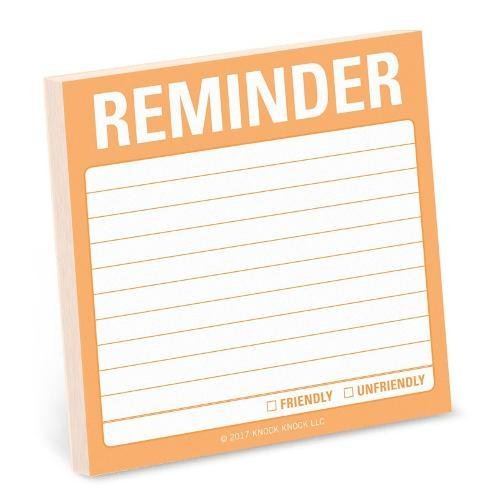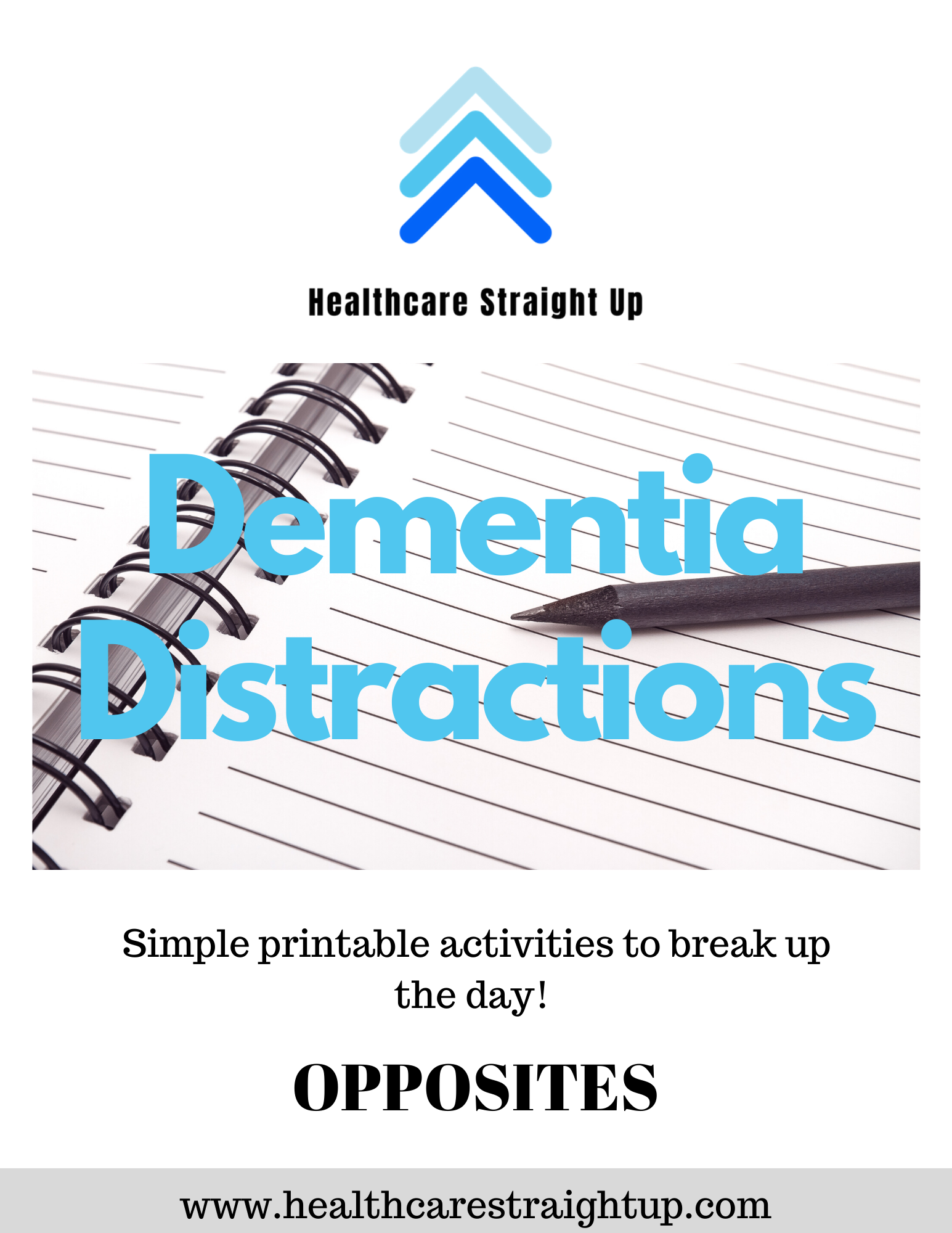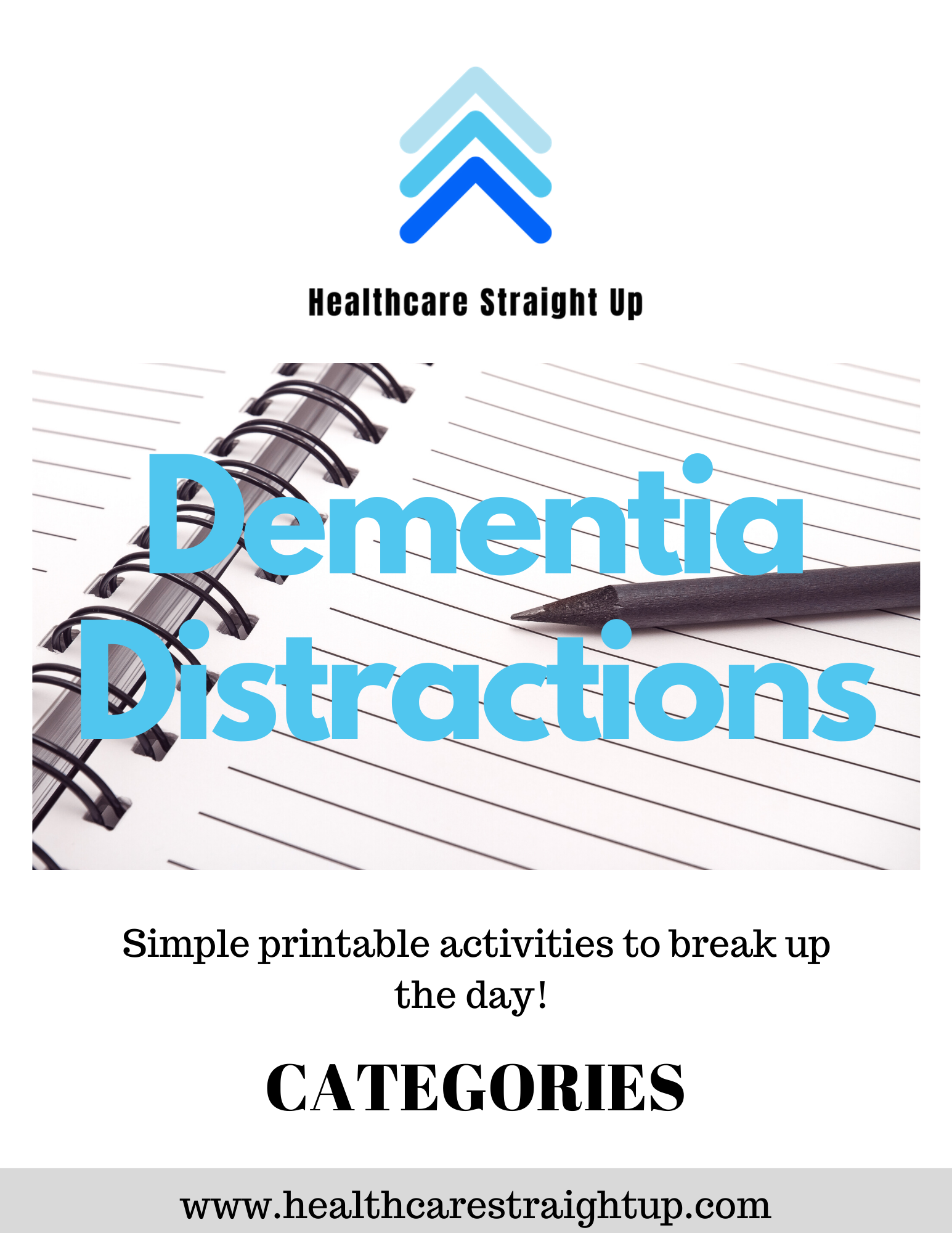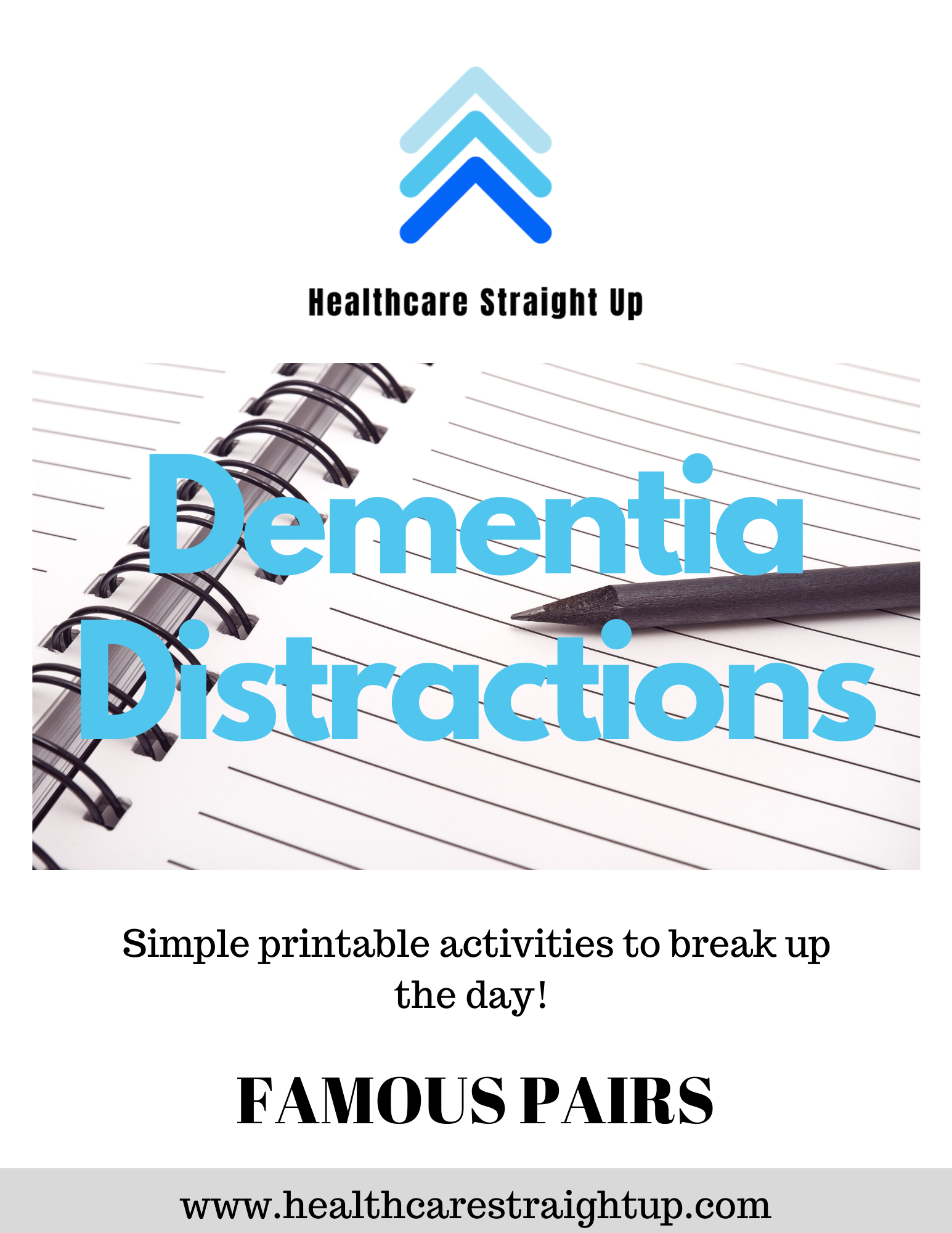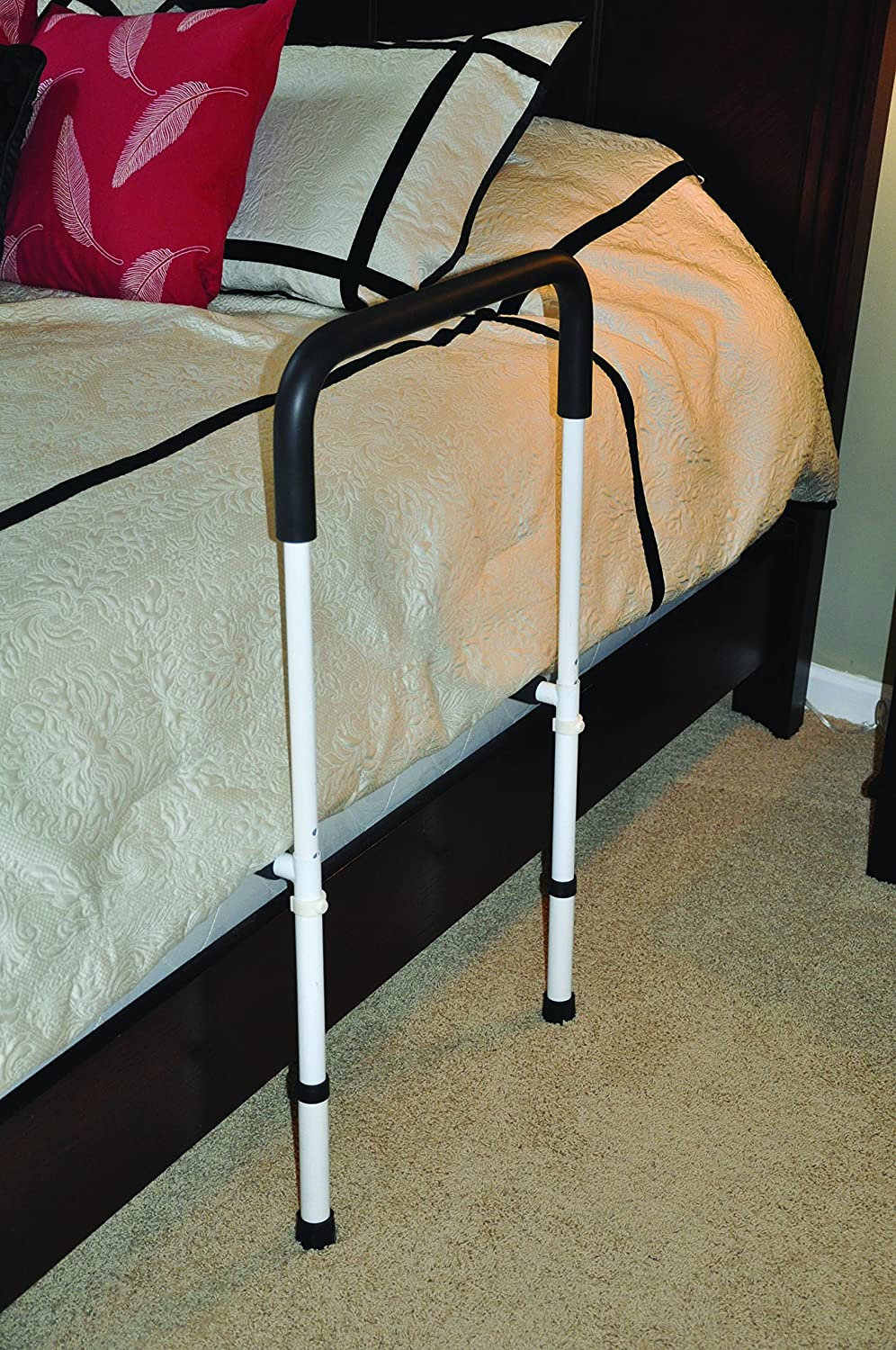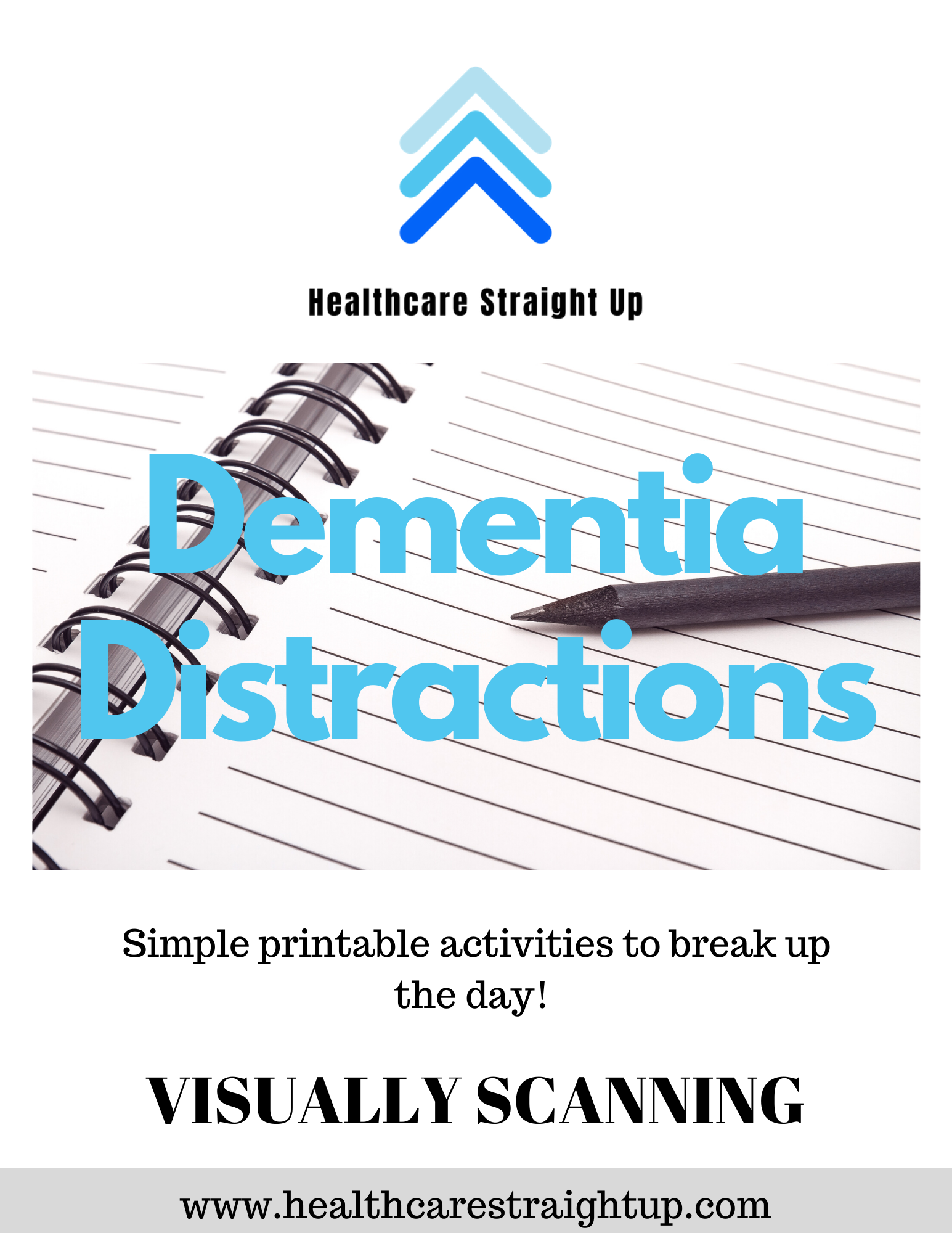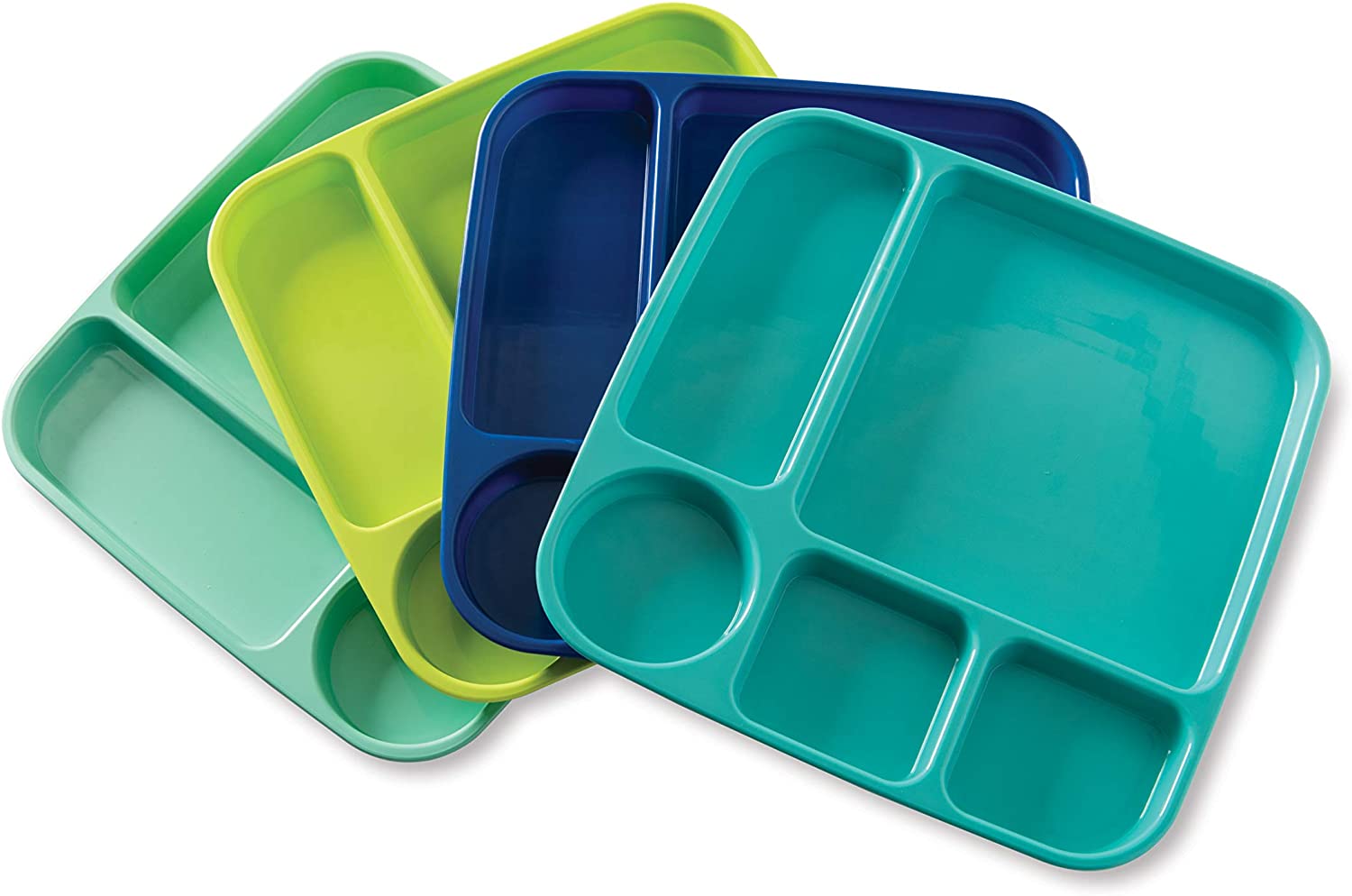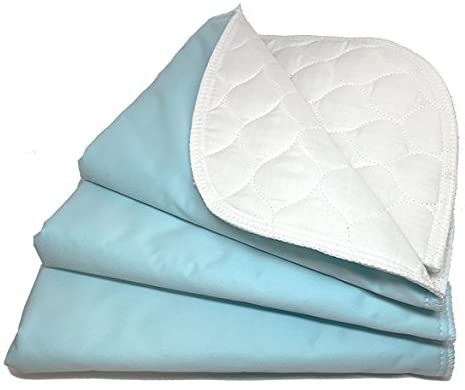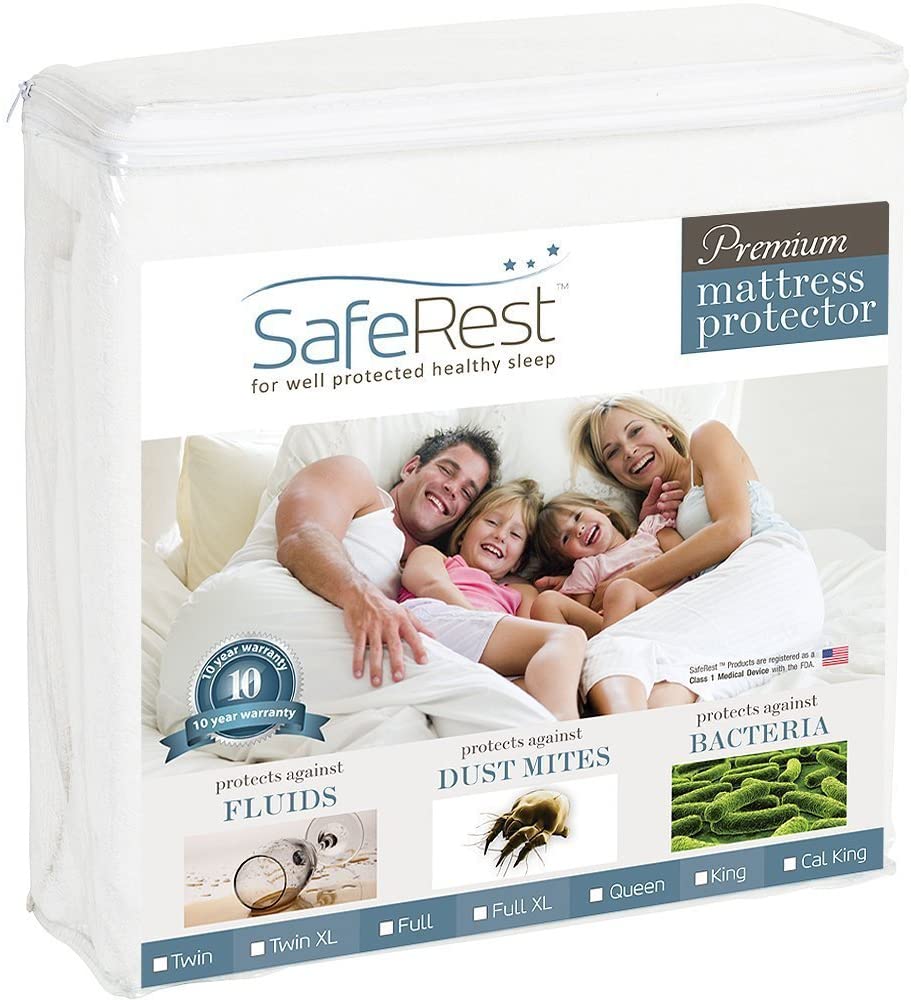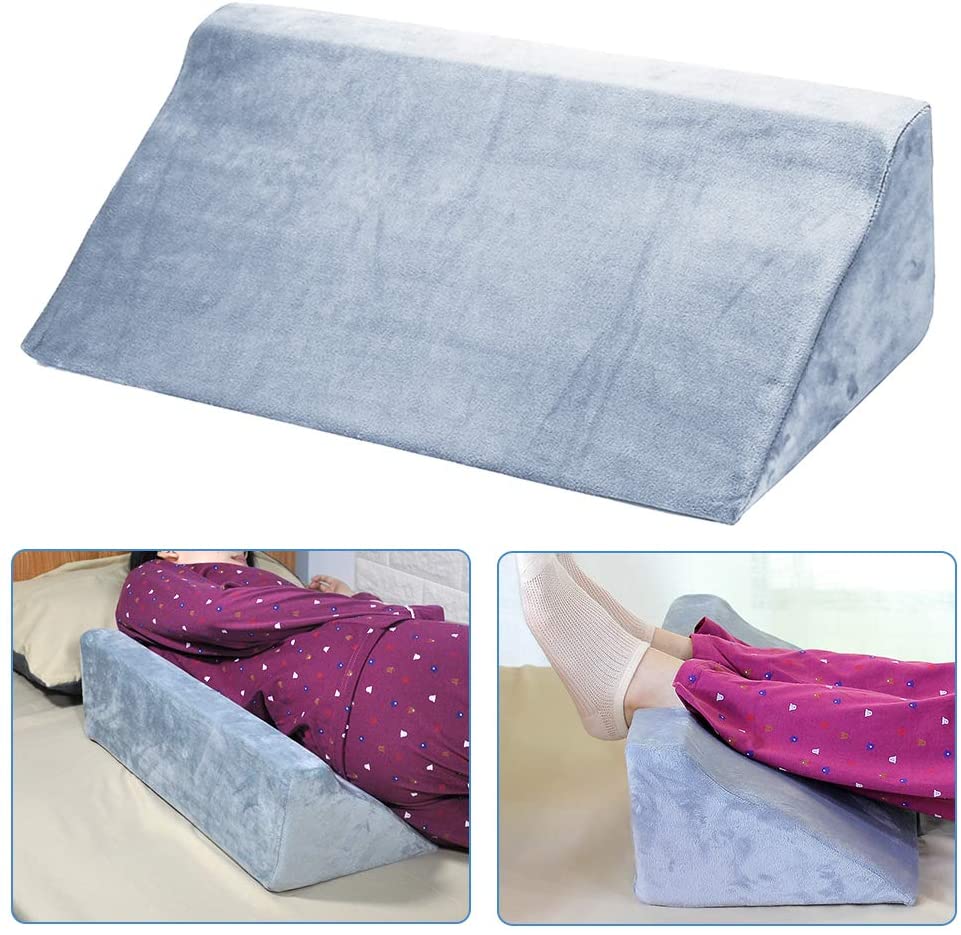Dementia Stages: The Simple Explanation
In an attempt to better understand someone with dementia, it is often helpful to identify which stage they are in. To a professional, staging an individual can be a simple tasks determined by an interview and a few standardized tests. However to someone who is not as familiar with the disease identifying the dementia stages can be more challenging. One of the most important steps to caring for your dementia loved one is identifying the stage they are currently in. Although no individual progresses the exact same way, there is a natural course of the disease.
Dementia Basics
Let’s start with the basics. Although the two terms are often used interchangeably, Alzheimer’s and dementia are actually two different terms. Dementia is an umbrella term used to describe several conditions, which includes Alzheimer’s, as well as other conditions with shared symptoms. More than mere forgetfulness, an individual must have trouble with at least two of the following cognitive areas to be diagnosed with dementia:
- Memory
- Communication and speech
- Focus and concentration
- Reasoning and judgment
- Visual perception (including trouble detecting movement, differentiating colors, or experiencing hallucinations)
There are many people who suffer from dementia. And unfortunately, it can be guaranteed that with time, the ability to function will worsen. The general public categorizes the progression of dementia into three stages (mild, moderate and severe).
Benefits of Identifying Appropriate Dementia Stages
Using these designations of dementia stages it can become more clear where your loved one falls in the progression. This will allow you to make more appropriate decisions and also provide the best care. Identifying a dementia stage can determine if increased assistance or more specialized care may even be needed. One can also assist caregivers with determining the best treatment approaches.
As mentioned above, an individual with dementia will have worsening function over time. This is beneficial to note the specific dementia stage in order to prepare for pressing matters. Decisions such as end of life care and any legal matters should be addressed prior to moderate stages of dementia. Click here for more information on the benefits of early dementia diagnosis.
The 3 Basic Dementia Stages
Mild Dementia
In this earliest stage of dementia, individuals still function primarily on their own. They are able to travel to familiar places, recall familiar faces and are largely aware of time and place. Many of the symptoms seen in this early stage are typically connected to the normal aging process. One may note minor deficits in concentration and memory starting to surface. For instance, there may be slight memory lapses for recent events or word finding problems. They are still able to maintain a social life and participate in the community. In this stage of dementia, difficulties may develop with higher functioning tasks like planning, organizing and concentrating which becomes particularly evident for someone who may still be in the workplace.
Difficulty performing activities such as cooking, cleaning, grocery shopping, and paying bills may become more challenging. Simple reminders, along with written to-do lists and schedules, can often be enough to compensate the deficits in this stage. Some deficits may require mild assistance for completion of the more complex tasks. Individuals may also experience changes in their emotions with decreased reaction to some scenarios. It is possible for individuals to begin to withdraw from challenging situations even in this early stage of dementia. This is the time to ensure that all legal and financial matters are taken care of, should the need for more care arise in the future.
MILD DEMENTIA FAVORITES
Sticky Notes
Since memory is affected first, it is best to provide reminders. Often times with a simple sticky note or written cue someone in the mild stage can complete the familiar task asked of the note.
Amazon Alexa
This voice-controlled speaker plays music, gives weather reports, reads the news, answers questions, sets alarms, reports traffic, reads audiobooks, controls smart-home devices and more. Benefits those of all ages to stay organized and up to date and can help your loved one stay more independent.
Pill Dispenser with Alarm Reminder
7 day pill organizer with space for both AM and PM. This device can be customizable with up to 4 alarms per day. Don’t worry about your loved one missing medication with an alarm reminder built in.
Customizable Clock
Set alarms, reminders, and even add customized messages! With one touch of a button the clock will also announce the current time and day for those with visual deficits as well.
Moderate Dementia
The middle stage of dementia is characterized by enough brain damage that deficits become more obvious. Someone at this stage can no longer function independently. Symptoms such as difficulty expressing their thoughts, performing daily tasks and short term memory impairments start to become more troublesome. Many people develop some type of aphasia (the loss of ability to express or understand speech, click here for exercises for aphasia). They may often use jumbled speech such as word substitutions (“book” for newspaper). They may even use object description in place of the word (“thing you sit on” for chair) or nonsense words such as“thing-a-ma-gig”. As a caregiver, it is helpful to use to a clear and slow rate speech with additional hand gestures to ensure clear communication. Assistance may even be needed to maximize understanding and maintain an individuals safety during day-to-day activities.
Typical Characteristics
An individual in this stage demonstrates noticeable short-term memory deficits and might not remember their address. Assistance at the doctor and on outings as they may be unable to recall their personal history and may get confused as to their location. They retain some memory of their past, but it is spotty and incomplete. Increased disorientation with time and place and may not remember the name of their spouse, even though they see them daily. Typically unable to count backwards from 10 to 1, and sometimes not even forward from 1 to 10. Individuals may also become incontinent at this stage and require assistance for toileting and hygiene. No longer able to complete grocery shopping, cleaning, bill paying or other higher level functional tasks.
Other common symptoms of this middle dementia stage may include:
- fluctuating mood
- behavior changes
- delusional thoughts
- paranoia may develop
This could be accusations of spousal infidelity, stating that the spouse is an imposter, that the house is not one’s home, or that someone is stealing personal belongings. This may result in anxiety, agitation or aggression even towards family and loved ones. Behaviors such as wandering and rummaging may pose safety risks and require more supervision. At this stage, many will present with repetitive speech, gestures and mannerisms which can be difficult to redirect at times. Other symptoms such as difficulty sleeping or hoarding may also develop.
MODERATE DEMENTIA FAVORITES
Door Sensor With Alarm
Some individuals are prone to wandering but the problem is they don’t remember where they are headed or where home is. Ensure you are notified of when a door is opened with this wireless sensor with adjustable volume and chimes.
Bed Rail
Simple to put together and secure to up to 250lbs of force. This cheap, and easy hack o to the bed adds much needed assistance from a high fall risk area. This bed rail also folds up flat for easy storage when not in use.
Toilet Rails
As the dementia begins to progress your loved one may need extra assistance. These toilet rails attach to the toilet for a secure support that can hold up to 300 pounds of force. All without taking up any floor space.
Severe Dementia
Someone in this last stage of dementia, also known as advanced dementia, will have significant issues with communication. Often only using single words or short phrases when speaking, with an inclination toward parroting or repetitive speech. Towards the end of this stage, they may also become completely non-verbal. (More information on non-verbal communication.) In this stage, both long term and short term memory often become affected. They may not be able to recall what they ate for lunch, who their family members are, or even what time period they are currently in. Often times reverting back to childhood or another significant period in their life. Individuals may no longer be able to walk and will require extensive assistance with daily living activities, such as personal hygiene. They are incontinent of bowel and bladder.
Swallowing also becomes an issues in late stage dementia. Caregivers have to make adaptions, use strategies and alter food consistencies to keep their loved ones from potentially choking or acquiring aspiration pneumonia. Someone in this stage typically requires 24 hour care and will require physical assistance to complete most tasks, including transfers, eating, hygiene and grooming. Towards the end of this stage, most individuals are bed bound. The inability to roll or sit up in bed makes them at high risk for bed sores.
Importance of Caregivers
During this dementia stage, caregivers will focus mostly on providing comfort and quality of life. According to the Alzheimer’s Association (2018), there are 16.1 million unpaid caregivers of people with dementia in the United States. While many Americans are caregivers for loved ones, many people also hire someone to provide care or supplement the care they are already providing. There are many options for care, such as in-home care, adult day care, and nursing home care, and there is also financial assistance available. It’s important to remember, providing care for a loved one can be stressful, and self-care is a must. For more ways to reduce the caregiver burden, deal with stress, and find support, check out our other articles!
SEVERE DEMENTIA FAVORITES
Divided Plate
Difficulty scooping may become an issue as dementia becomes severe and motor function declines. With the assist of the steep sides of the plate scooping may still be possible with the right device.
Reusable Incontinence Pads
As incontinence becomes more and more of an issue during severe dementia you must be prepared. With four layers of protection these pads help to keep your sheets dry.
Mattress Protector
Incontinence is not easy to combat but having the right gear is a good start. Keep your mattress protected!
Positioning Wedge
With limited bed mobility your loved one becomes at high risk for bed sores. Ensure they are rotated regularly with a wedge or pillow to offload pressure.
While the exact symptoms described in each dementia stage can differ between individuals, this can be used as a general outline to help families know what to expect and when to expect it.
The information you need… Straight Up!


